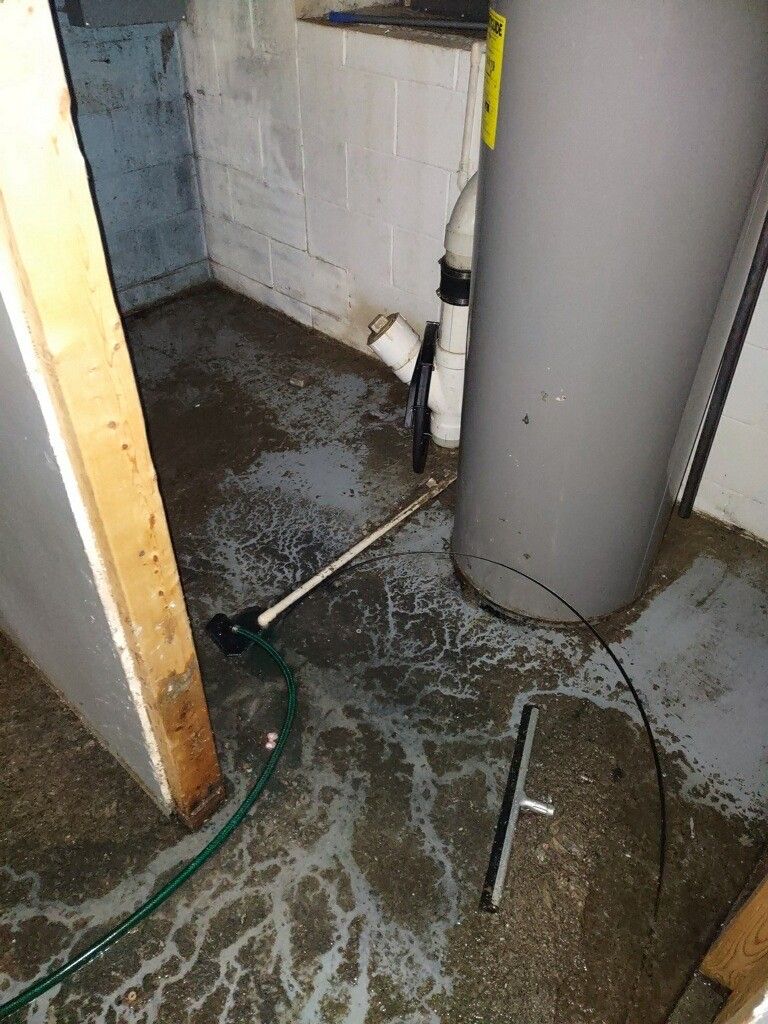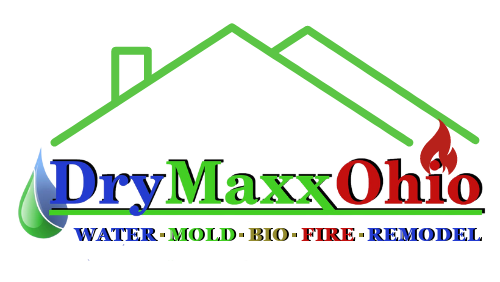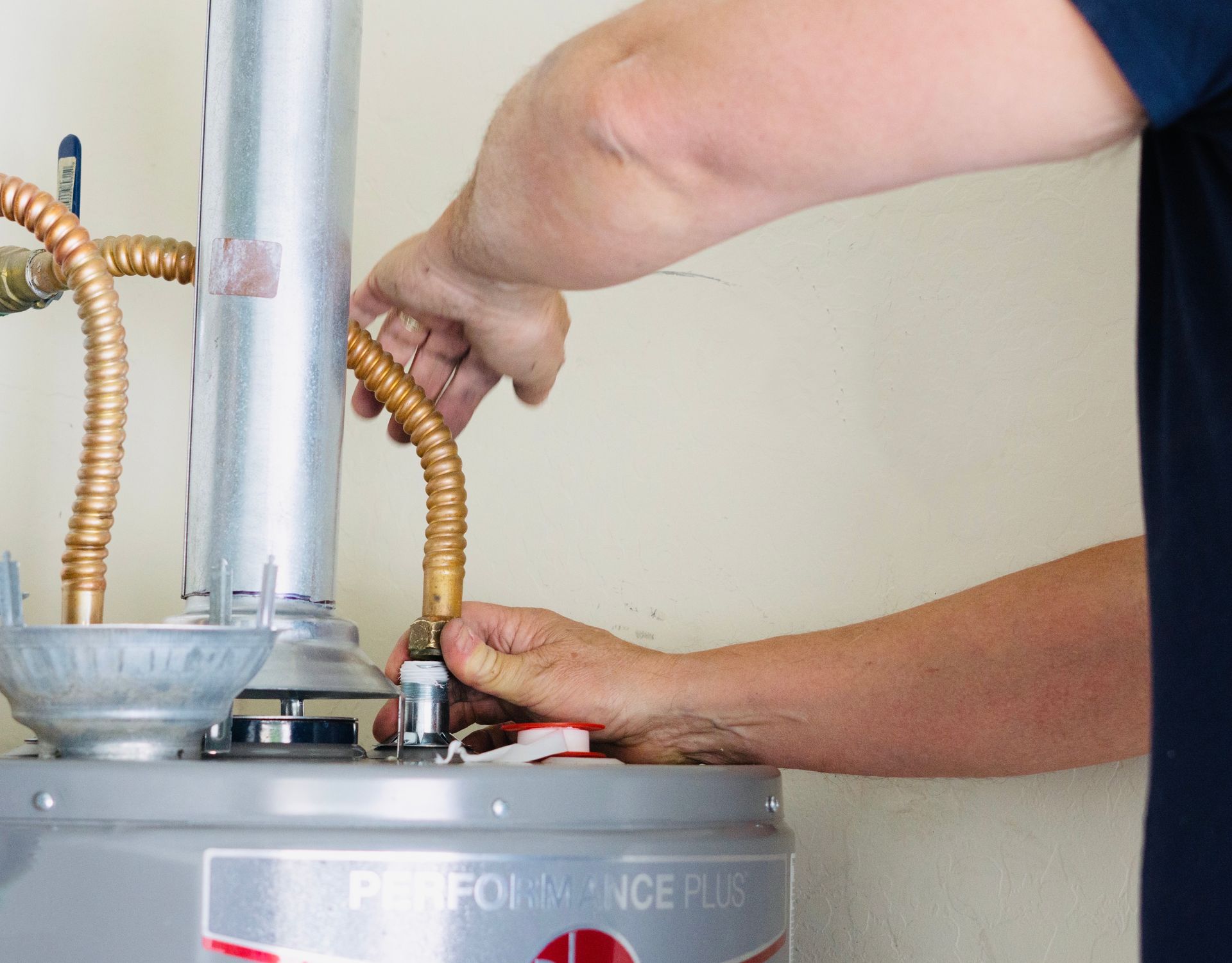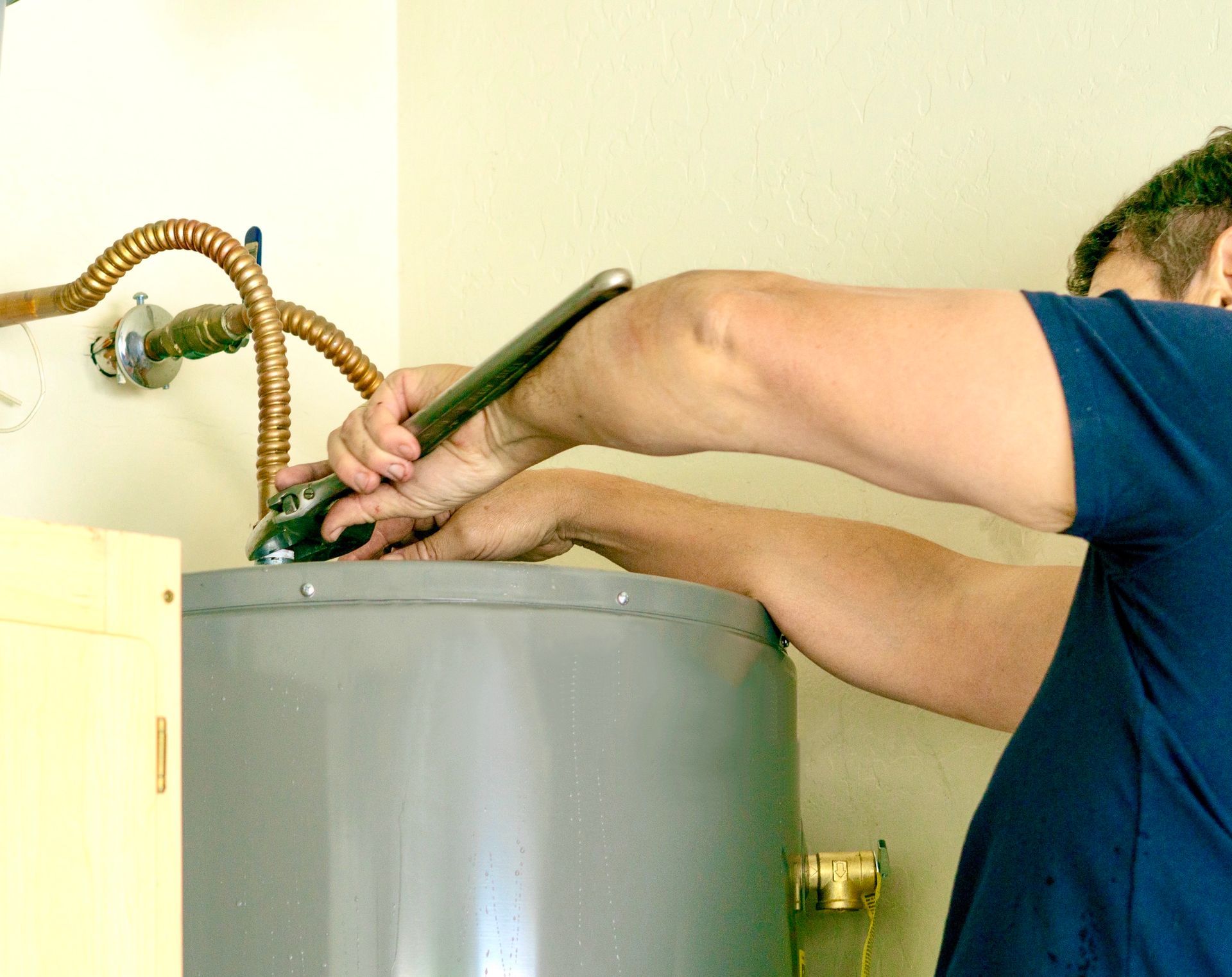Water Heater Leaking in Dayton, Ohio
The Dry Maxx Difference With Ohio Water Damage Restoration
Contact: Water Damage
We will get back to you as soon as possible.
Please try again later.
Your Time is Valuable…Don’t Waste It!
Water heater leaking can cause significant issues in any home, as it impacts the availability of hot water for everyday tasks such as showering, washing dishes, and laundry. A malfunctioning water heater can lead to inconsistent water temperatures, strange noises, or even leaks. Leaks, in particular, can cause water damage to floors, walls, and surrounding structures, leading to costly repairs. Additionally, issues like sediment buildup, rust, or corrosion can further damage the water heater, potentially shortening its lifespan and reducing its efficiency. Ignoring these problems can result in increased utility bills due to inefficient heating.
At Dry Maxx Ohio, we understand how critical it is to address water heater leaking before it escalates into larger, more expensive issues. Whether it's leaks causing water damage to your home or internal problems like sediment buildup, rust, or corrosion, our team is equipped to help. We specialize in mitigating water damage and restoring homes affected by faulty water heaters. By promptly repairing or maintaining your water heater, we not only help extend its lifespan but also reduce safety risks like electrical malfunctions or gas leaks. Trust Dry Maxx Ohio to protect your home and restore peace of mind.
If water heater leaking happens in your home or commercial property:
- Be wary of potential electrical hazards and slippery surfaces
- Call Dry Maxx Ohio, Inc. at (937) 470-3053
Water heater leaking can be sudden, immediately wreaking havoc on your property or it can be gradual and go unnoticed until it has already caused major property damage. If not handled professionally with proper drying techniques, water heater damage can eventually cause mold and an unhealthy living or working environment
Contact Us About Water Heater leaking
Water Damage
We will get back to you as soon as possible.
Please try again later.

Types of Water Heater Leak Services We Offer
Water Heater Repair and Diagnosis
Experiencing issues with your water heater? Early detection of a water heater leak is essential to prevent costly damage. Our team conducts thorough inspections using advanced tools to identify the source of the issue, whether it’s a minor leak or a major malfunction. As experienced water heater repair near me in Dayton, OH, we assess the severity of the problem and provide hot water heater repair solutions that restore your system to full functionality.
Leak Containment and Damage Prevention
To minimize water damage, we implement containment measures such as shutting off supply lines and using moisture barriers. Our team also ensures that surrounding areas remain dry and unaffected, reducing the risk of mold growth and structural deterioration. If you’re searching for heater repairs near me or water heater maintenance near me in Dayton, OH, we offer expert servicing to keep your system running efficiently.
Water Heater Repairs and Replacement
Using industry-approved techniques, we repair hot water heaters, including gas water heater repair and electric hot water heater repair. Whether it’s a faulty thermostat, broken heating element, or sediment buildup, we have the expertise to fix it. If a replacement is needed, we provide professional water heater replacement near me, installing energy-efficient models for long-term reliability.
Structural Repairs and Restoration
A leaking hot water heater can damage drywall, flooring, and insulation. Our team offers complete water heater repair service, including structural restoration, to prevent long-term issues. Whether you need water heater servicing or full water heater replacement, we ensure your space is safe, dry, and fully functional.
Why Is My Water Heater Leaking?
Your water heater may be leaking due to:
- A faulty pressure relief valve releasing excess pressure
- A loose drain valve or connections
- Corrosion inside the tank leading to cracks
- Sediment buildup weakening the tank’s interior
- High water pressure causing stress on the tank
Is A Leaking Water Heater Dangerous?
Yes, a leaking water heater can be dangerous. It can cause water damage, mold growth, and electrical hazards if the leak comes into contact with wiring. In gas water heaters, leaks can lead to gas leaks or pressure buildup, increasing the risk of an explosion. If your water heater is leaking, it’s essential to address it immediately.
What To Do When Water Heater Leaks?
- Turn off the power or gas supply to prevent hazards.
- Shut off the cold water supply to stop further leakage.
- Check for visible leaks in pipes or valves.
- Call a professional plumber if the tank itself is leaking.
How Much Does It Cost To Fix A Leaking Hot Water Heater?
The cost to fix a leaking hot water heater depends on the cause of the leak and the required repairs. Minor leaks, such as those from a loose drain valve or pipe connection, can often be fixed quickly, while more severe leaks, such as those from a corroded tank, may require a full replacement. To determine the exact cost, a professional water heater inspection is recommended.
Does Homeowners Insurance Cover Water Heater Leaks?
Homeowners insurance may cover water heater leaks, but coverage depends on the cause of the damage. If the leak is sudden and accidental, such as a pipe bursting or a valve malfunctioning, your policy may help cover the resulting water damage to your home. However, if the leak is due to normal wear and tear, corrosion, or lack of maintenance, it is typically not covered. While some policies may cover damage caused by the leak, they usually do not cover the replacement of the water heater itself. It's best to check with your insurance provider to confirm your coverage details.
Call Us Today for a Free Initial Inspection and Estimate!
Address
1918 Valley Street Suite D. Dayton, Ohio 45404
Office Hours
8 am - 5 pm Monday-Friday
24/7 calls for emergencies
Services Near Dayton
Payments
Cash, check & all major credit cards
There's no damage we can't manage!
Copyright © 2024 | All Rights Reserved | Dry Maxx Ohio
Built by



